POSTERS PROJECT 2017
"What do we do on the streets? Uses and disputes of public space"
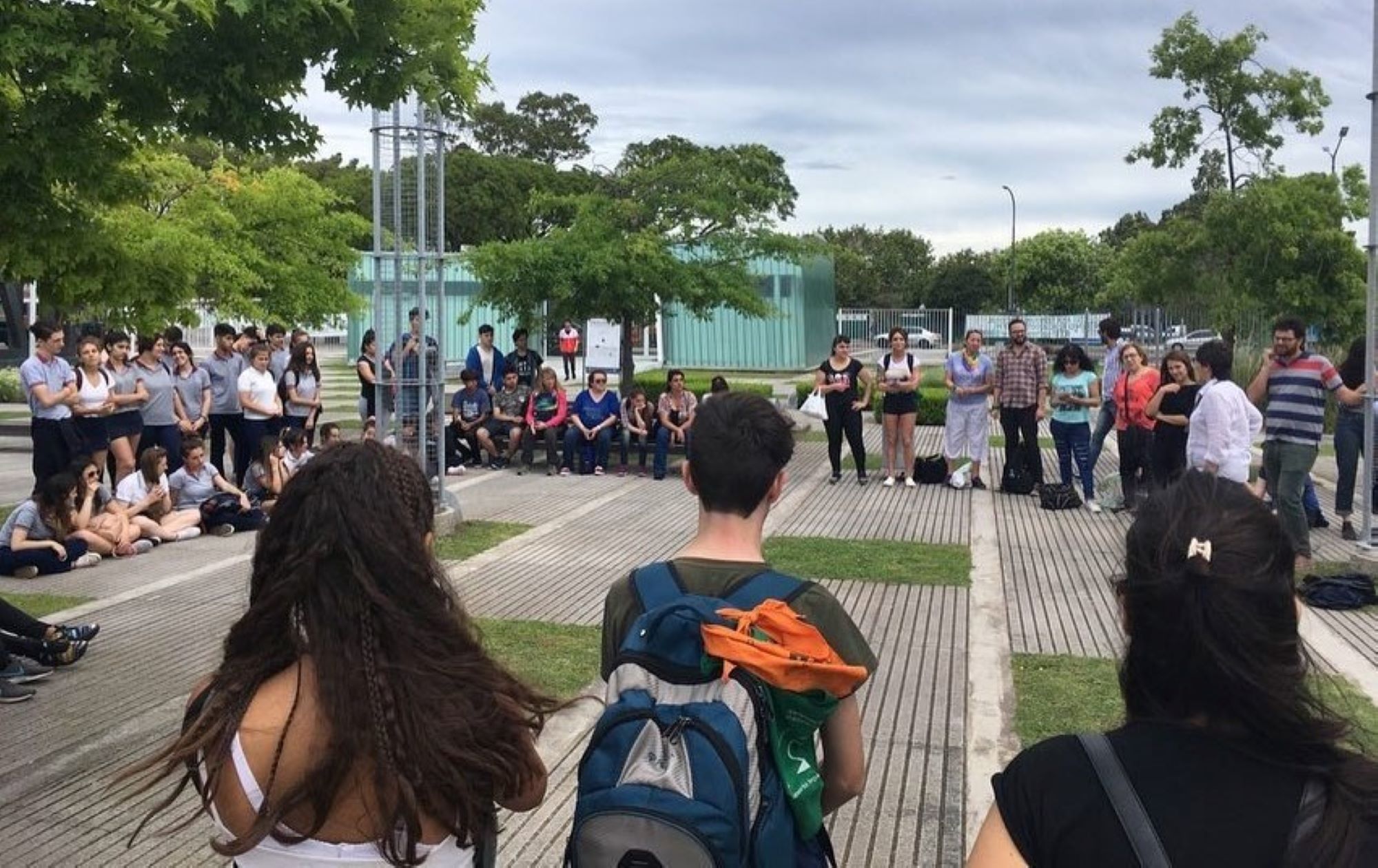
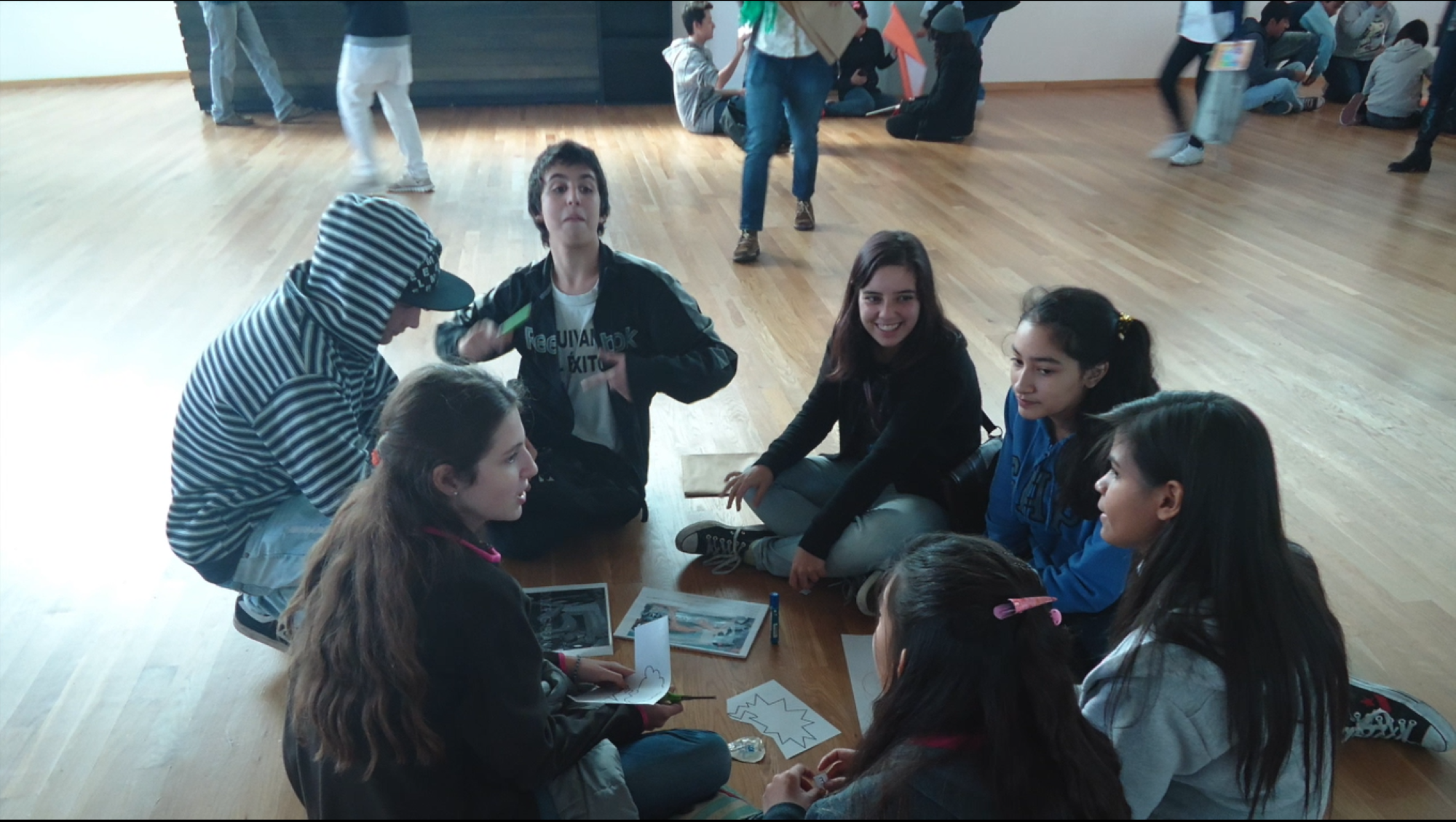
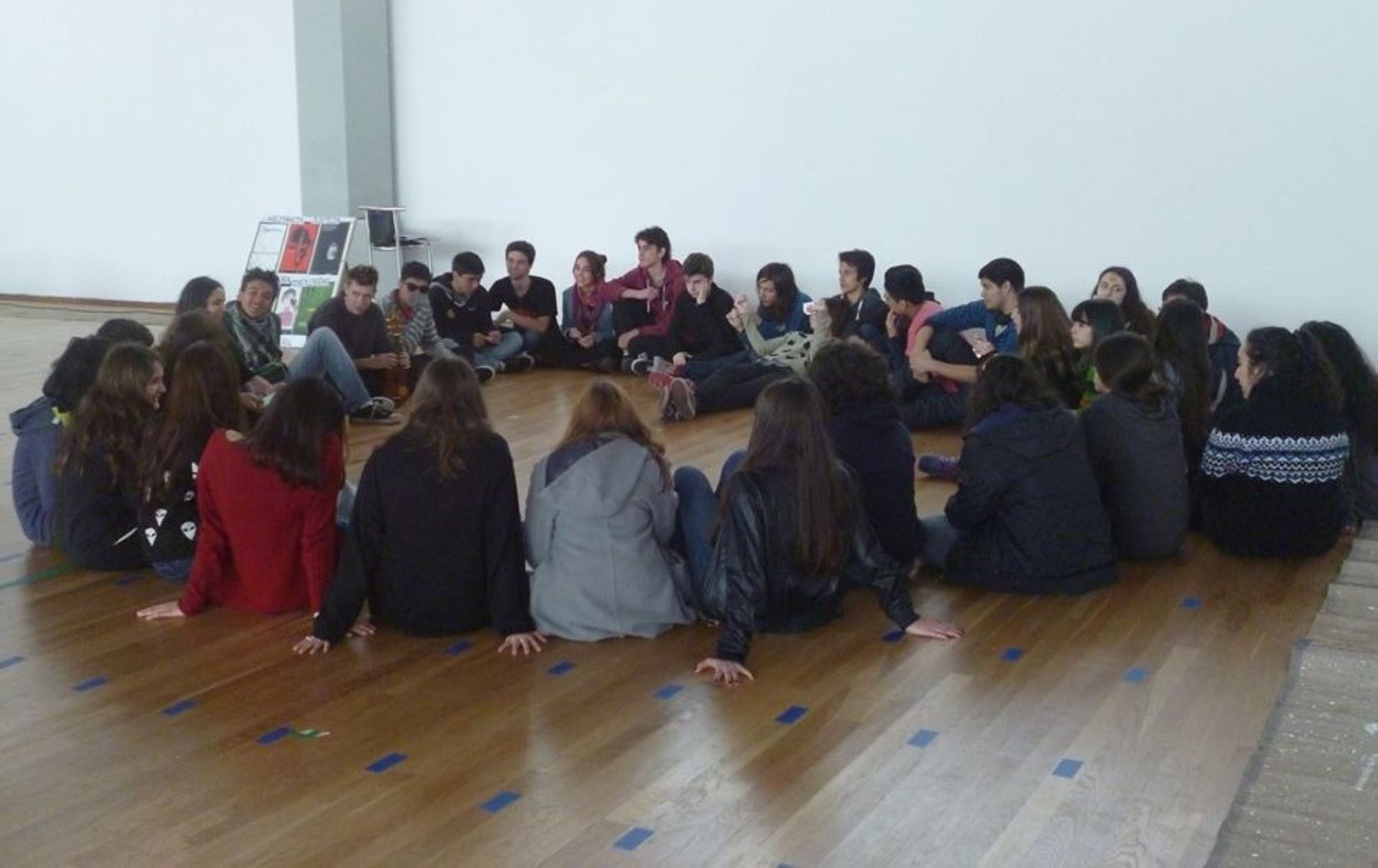
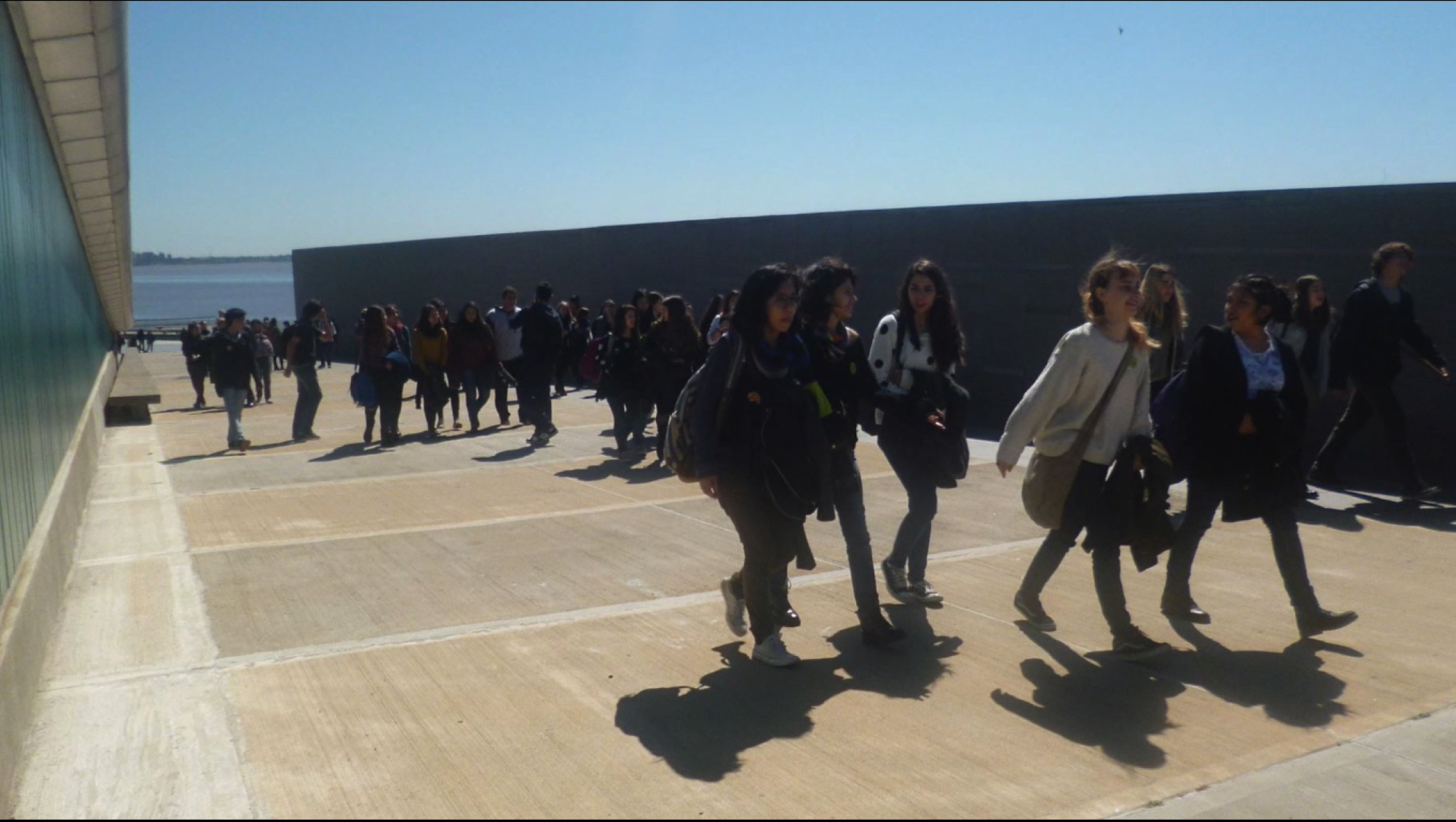
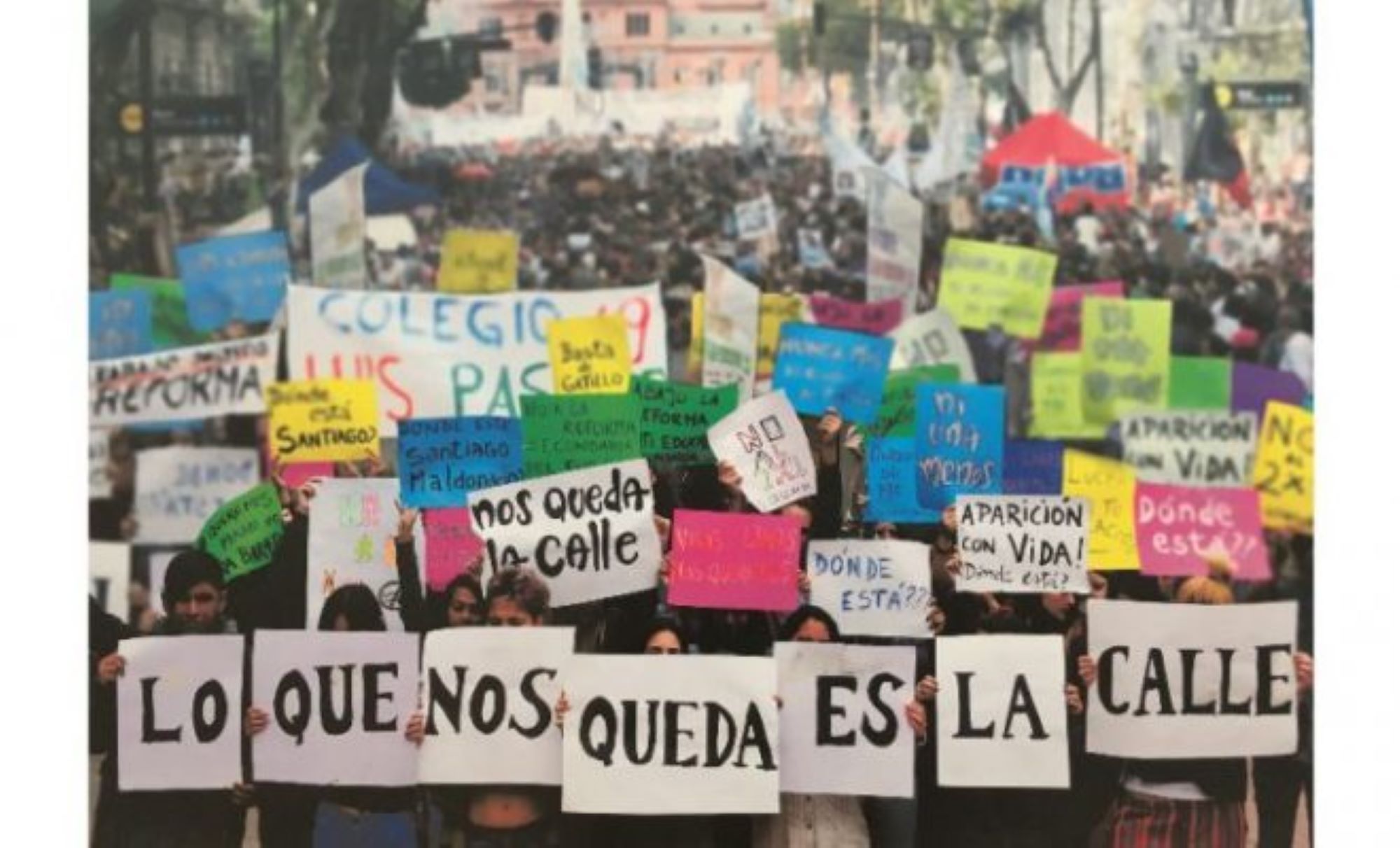
During 2017, the Project Posters aims to open the discussion with the young people about the uses of public space, taking this space as a scene of conflict and dispute, but at the same time as the place of dialogue and encounter between citizens and the State. We understand public space as the space where we interact with others, we express ourselves and where we materialize our citizen practices. It is also the place where disputes and social inequalities are reflected, often being a space in tension. Thus, the public space is shaped into a physical, symbolic and political space where different social and cultural groups, of gender and age, come together. A place of expression of rights and, therefore, a space on which it is necessary to reflect.
Within it, we take the neighborhood as a central place for city dwellers. A neighborhood is a portion of the city, which usually has its own identity and whose inhabitants can be seen reflected in it in different ways. Identity with a neighborhood is not an essence but an identification process that can continue or be lost. Historically, popular neighborhoods were familiar in tone for their occupants. Customs, daily rituals, work experiences, collaboration networks between neighbors, the appropriation of common spaces, facilitated the creation of a sense of belonging. Currently, the neighborhood can be interpreted in different ways, there being a multiplicity of neighborhood ways of life, according to who or who are questioned, becoming complex, changing spaces, of tension but also of belonging. The place that the neighborhood occupies for young people will be one of the questions from which we will start to think about this Project.
One of the many ways to intervene in public space is through artistic expressions. These are often used by collectives or artistic groups as a form of action and transmission of slogans of all kinds. In this way, street art is one of the many forms of social, cultural and political expression that both societies and states have known how to use throughout history. The urban space is continuously intervened by different people or artistic groups that express ideas, concerns or commemorate historical dates or events.
Taking into account what was said previously, in this edition of the Project Posters – “What do we do on the street? Uses and disputes of public space “, we propose to think and put into debate with young people the uses of public space in these three axes: the neighborhood, the manifestations and resistance that take the street as a place of expression and the intervention of street art as one more resource of urban expression. In the present material, we will develop these axes in a broader way, presenting above all the questions that we consider important to ask ourselves today together with the young people, in order to debate the current reality and their views on it. At the end of the material, we will also present some activities and suggestions for working on these topics in the classroom.
Accompanying institution
We thank those who contributed theoretical material for the formation of the Team, offered support in the artistic tool and dedicated their time to orienting us on the subject matter worked on:

